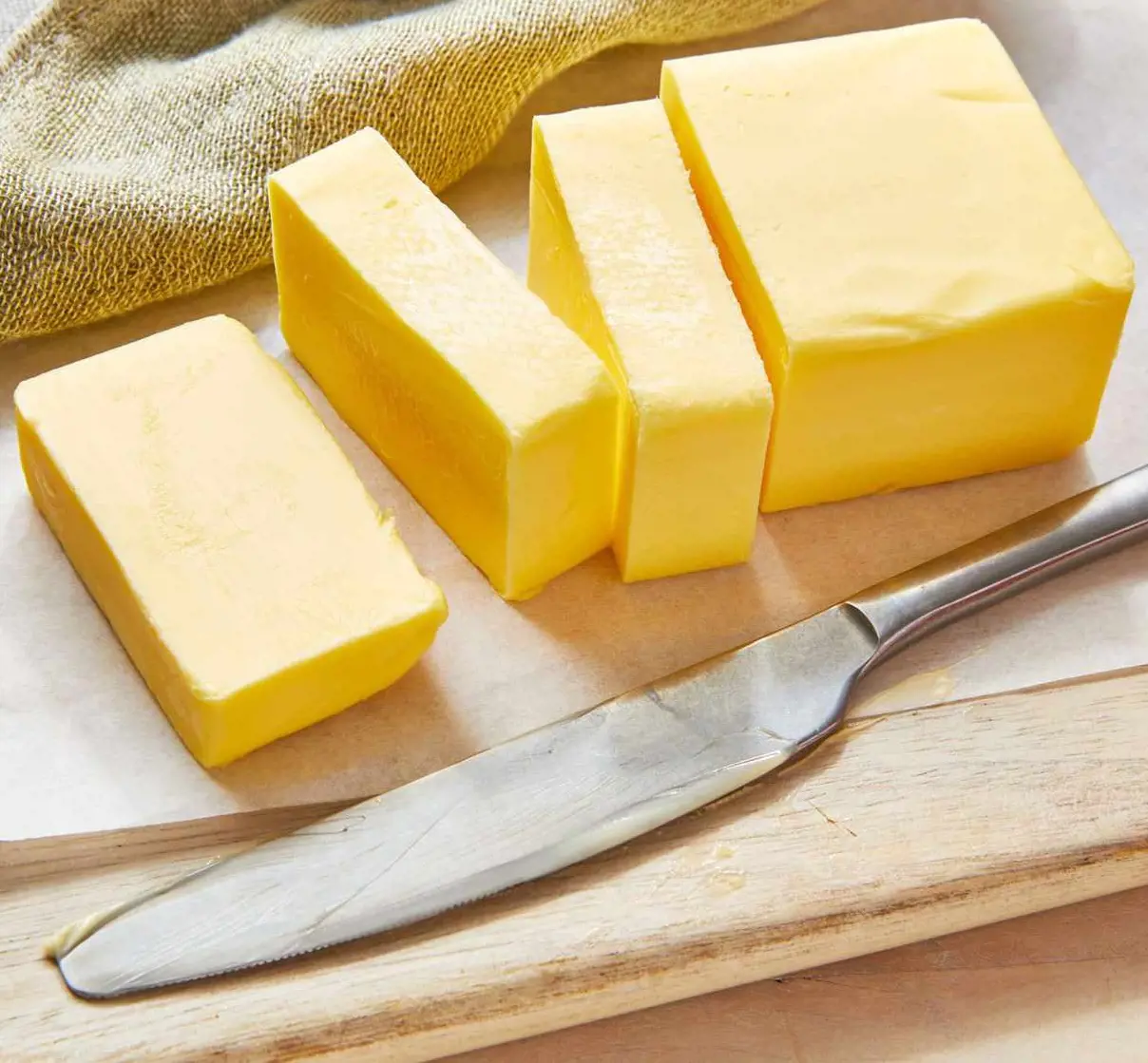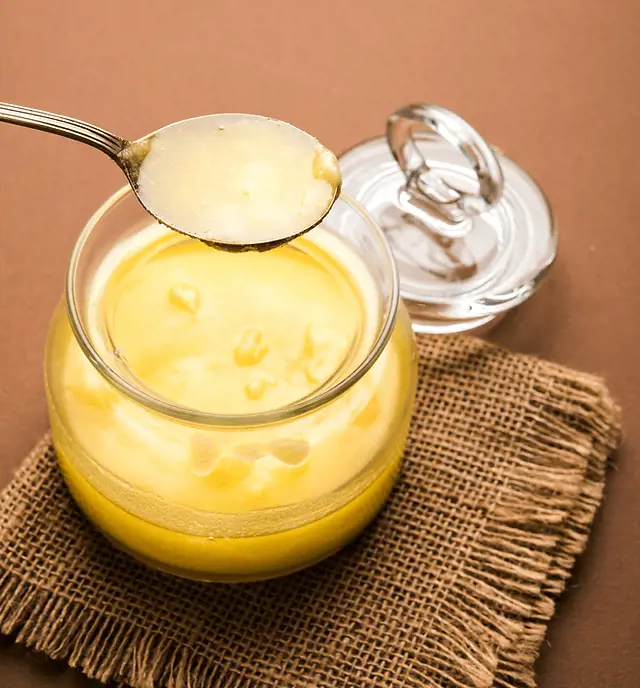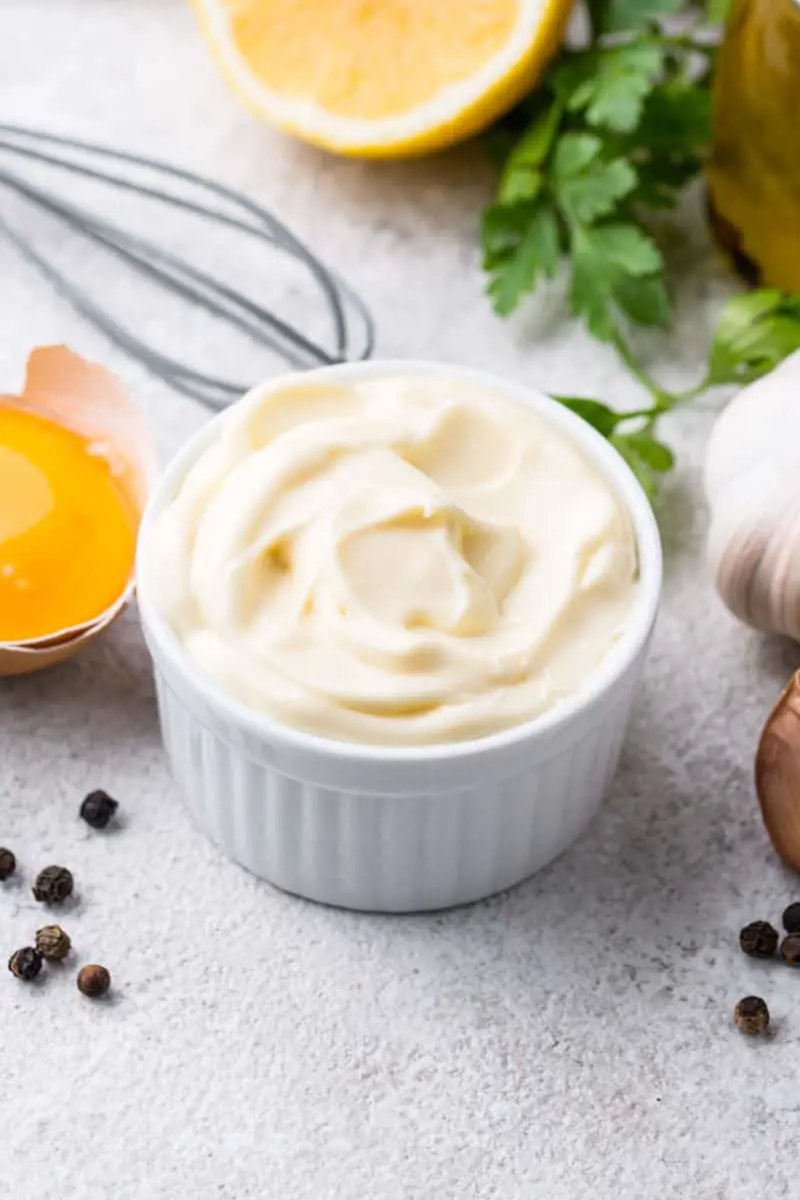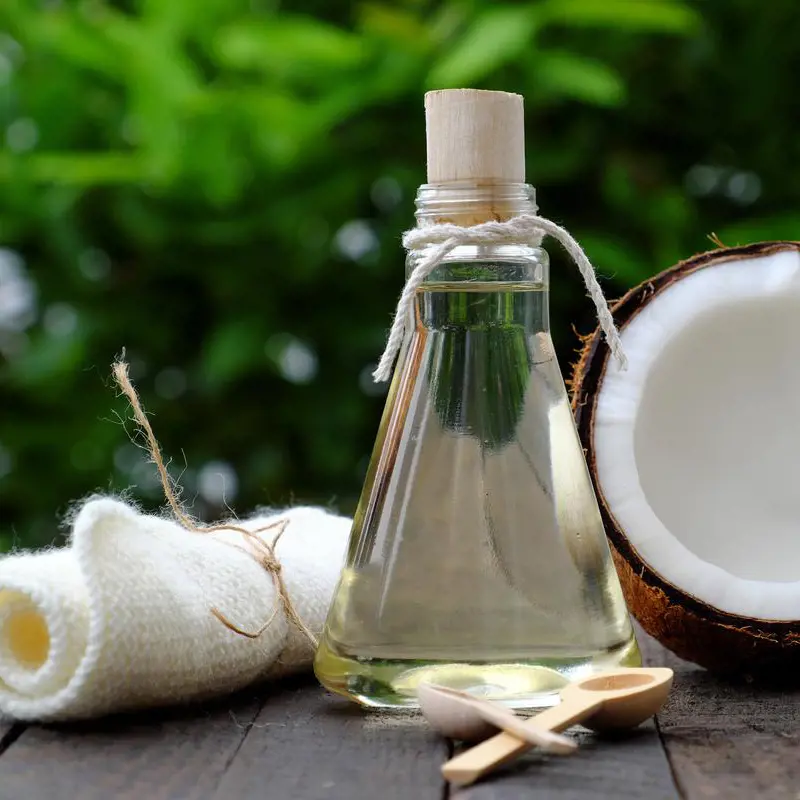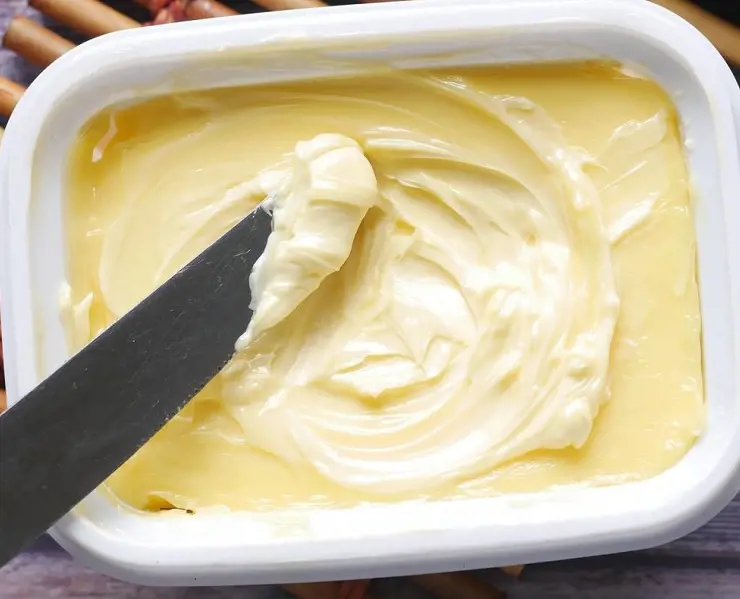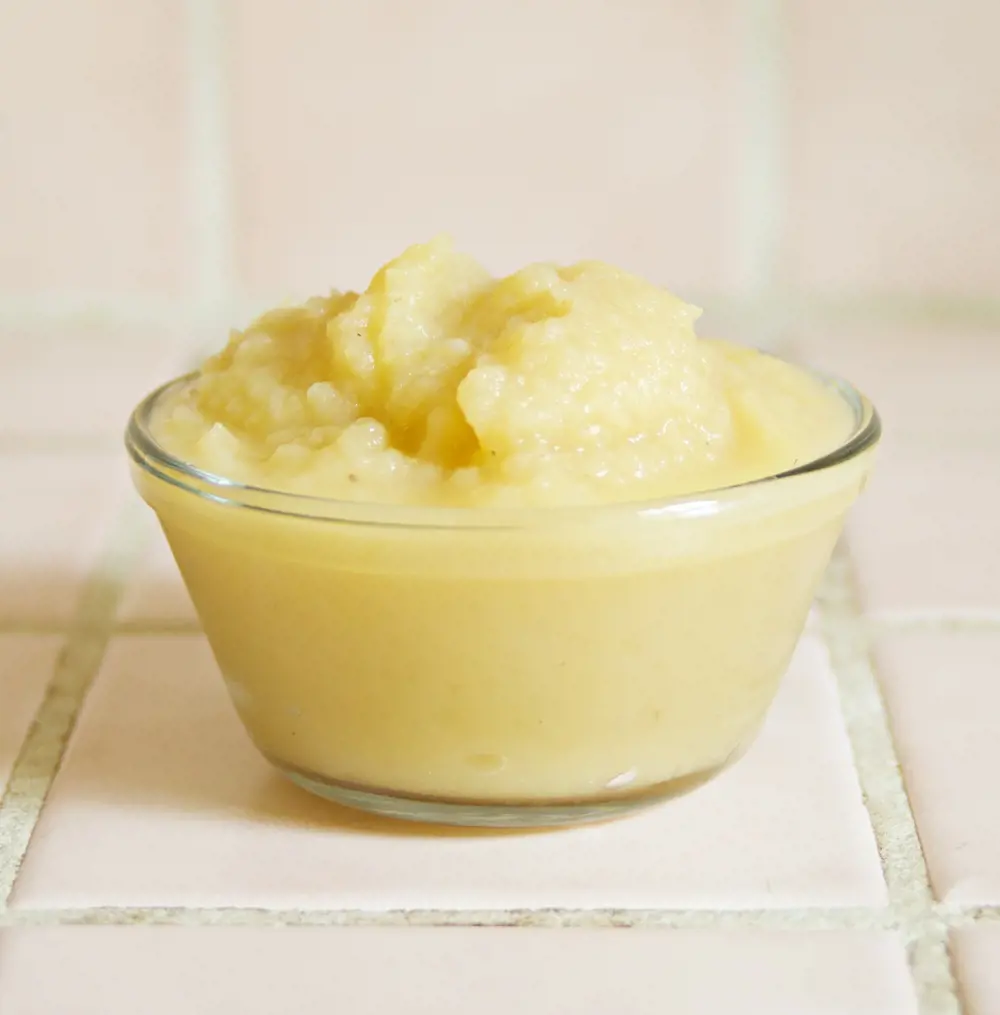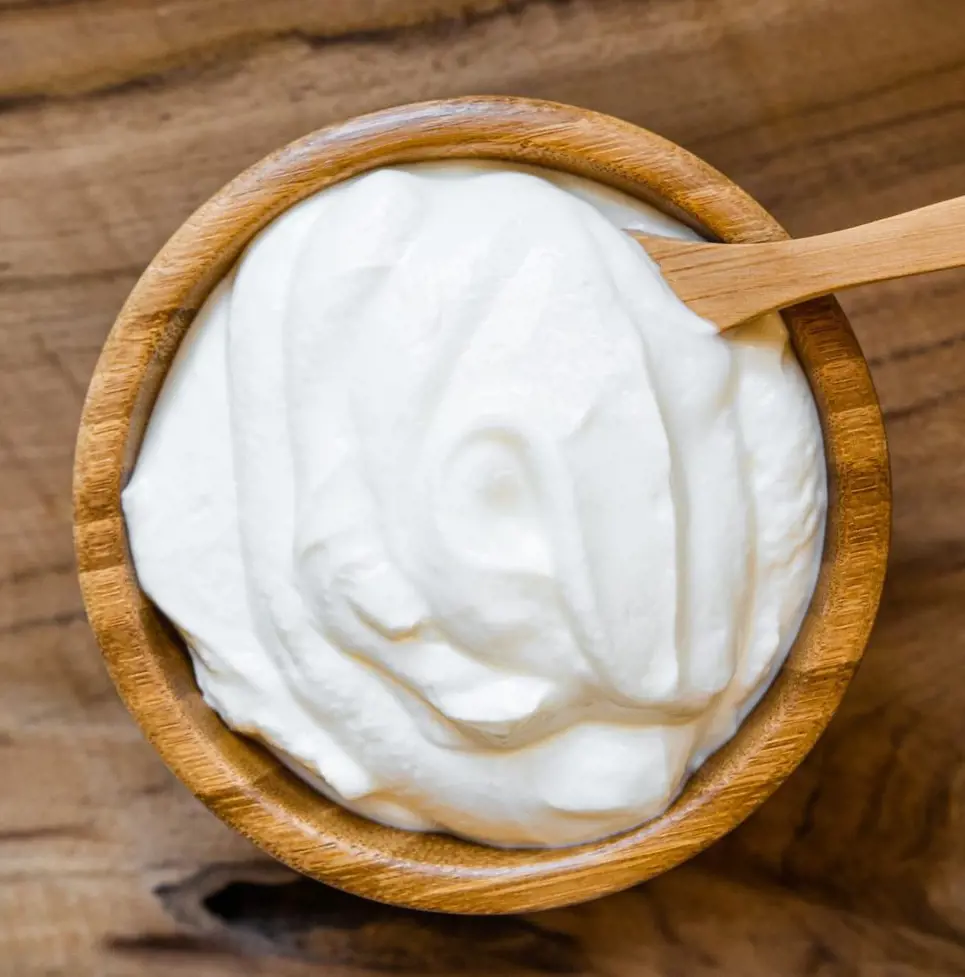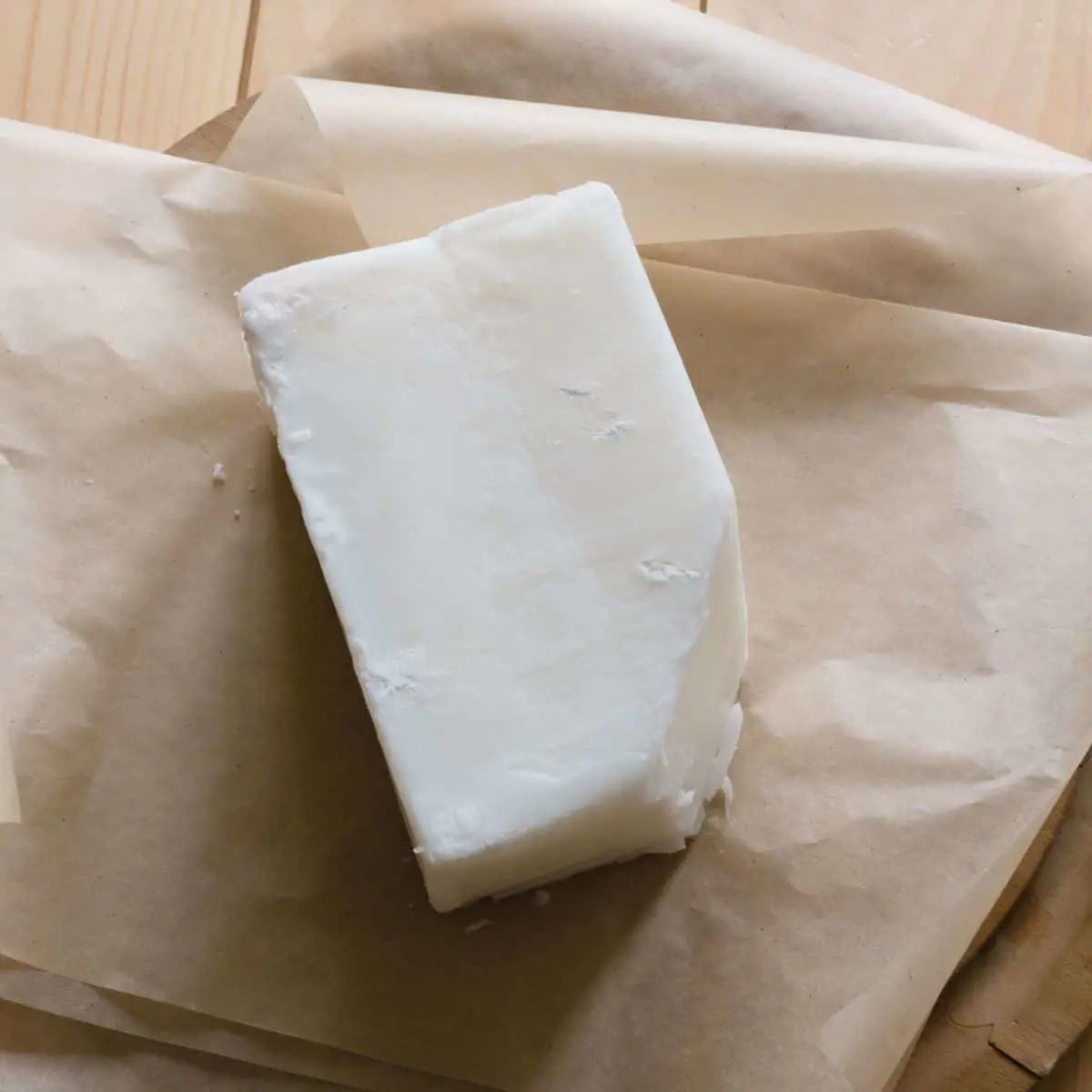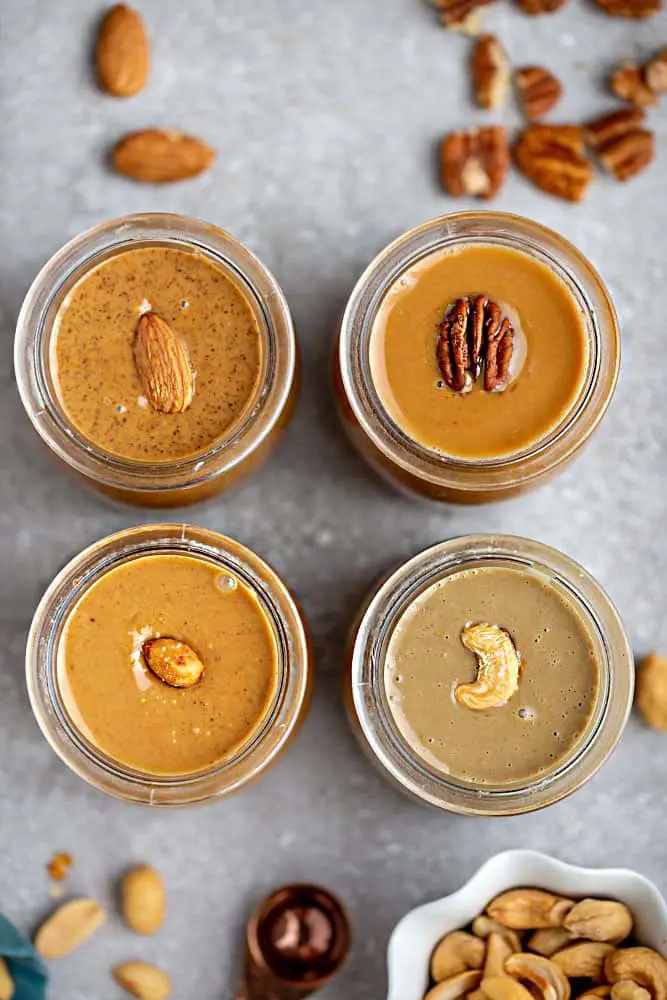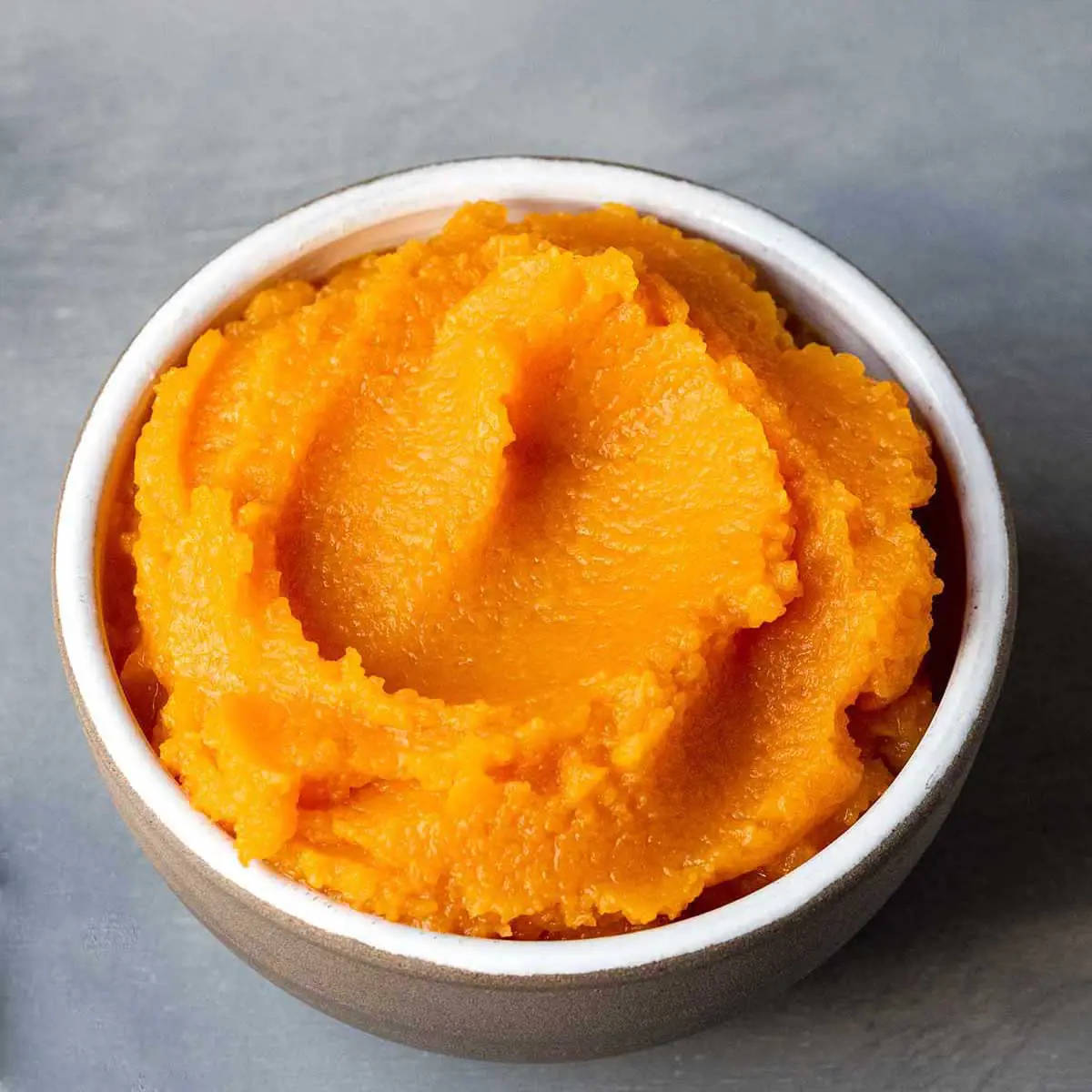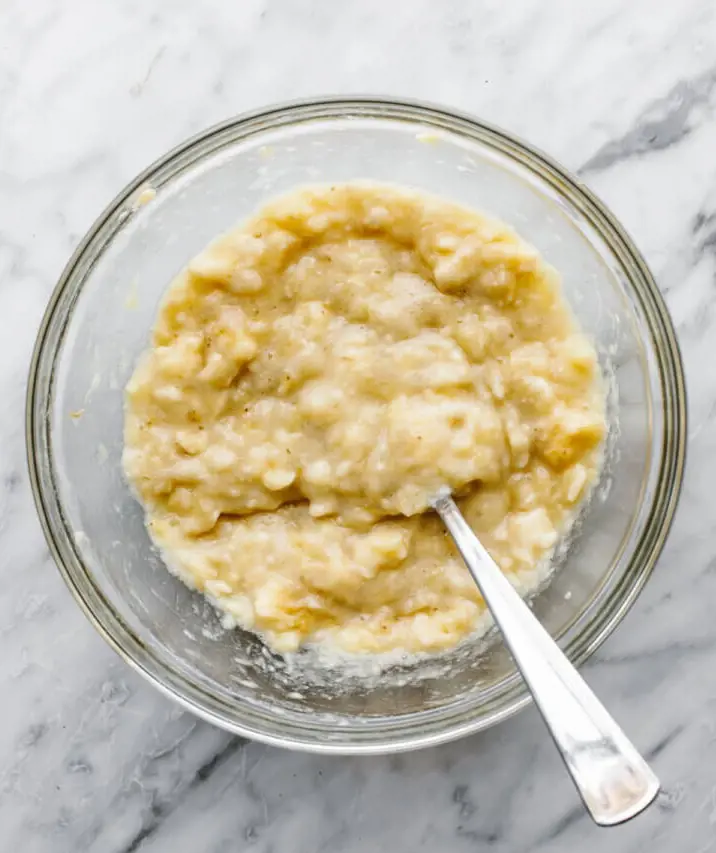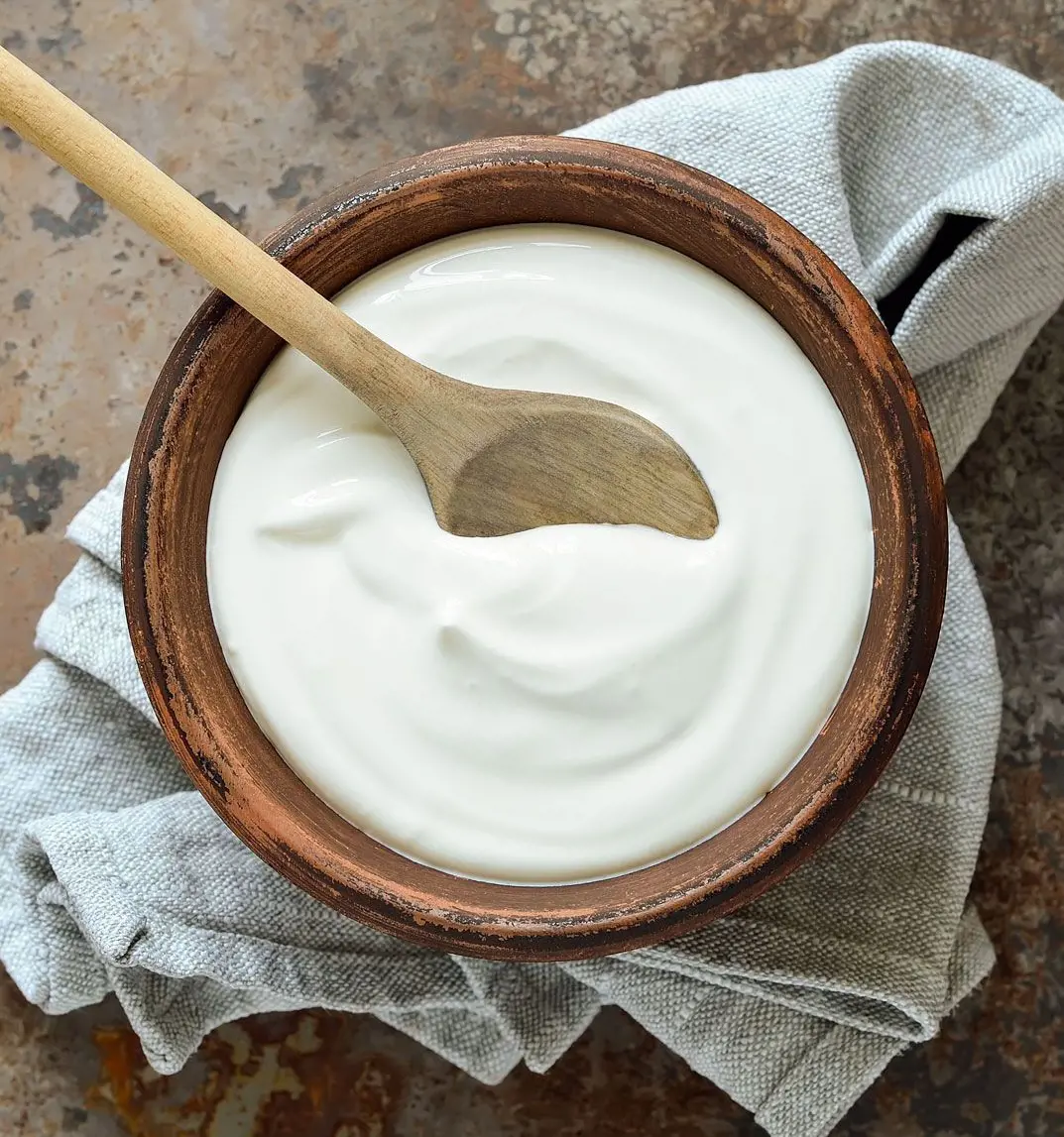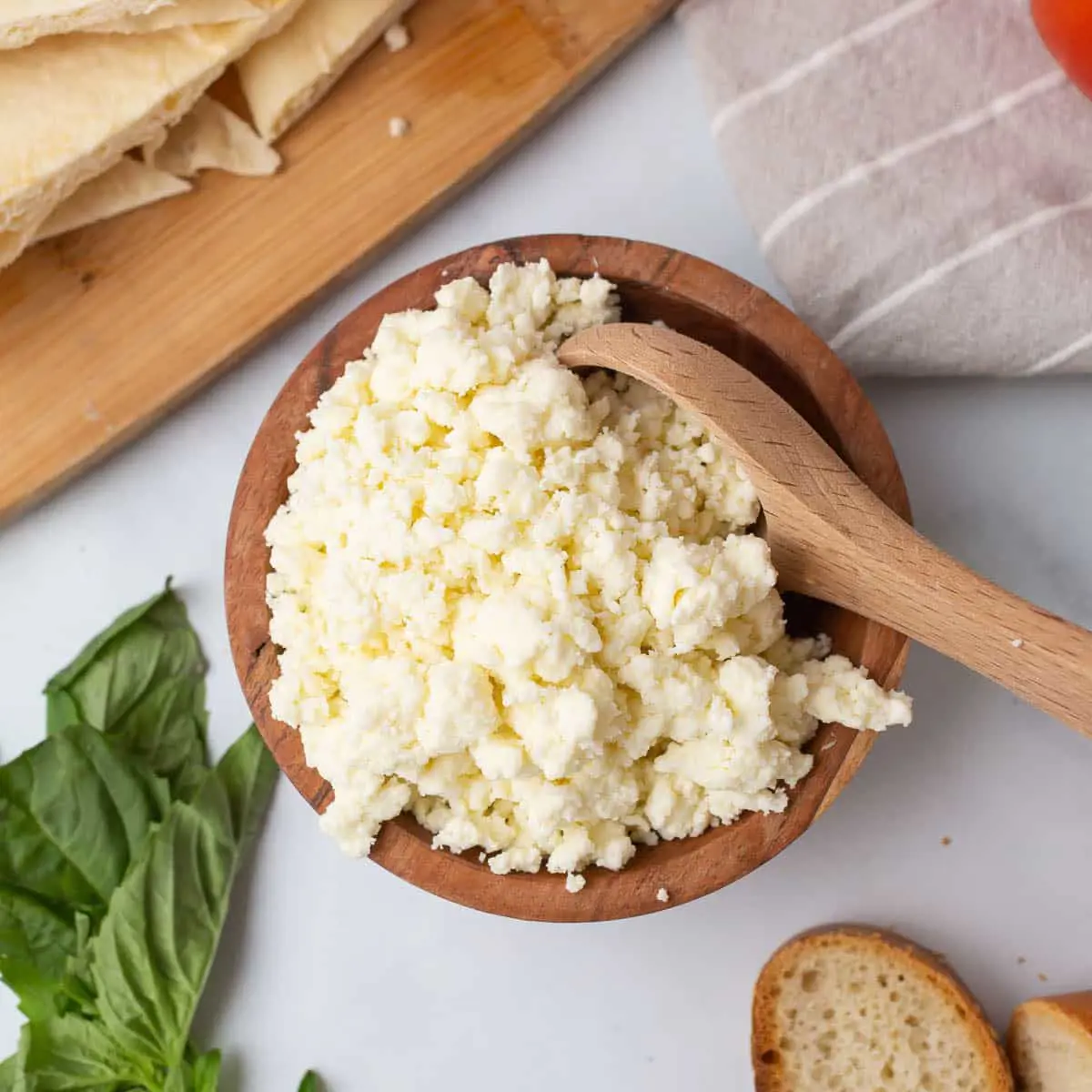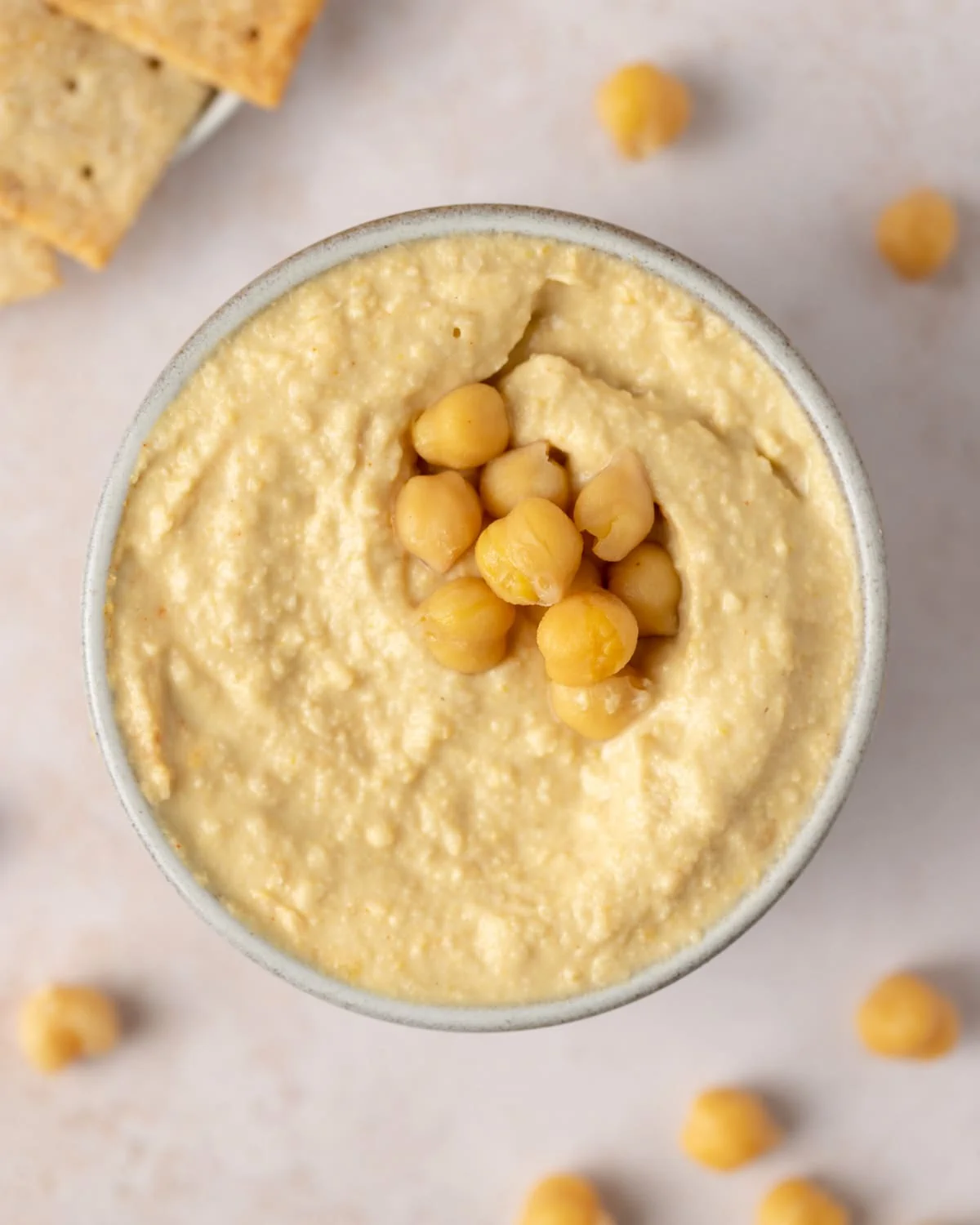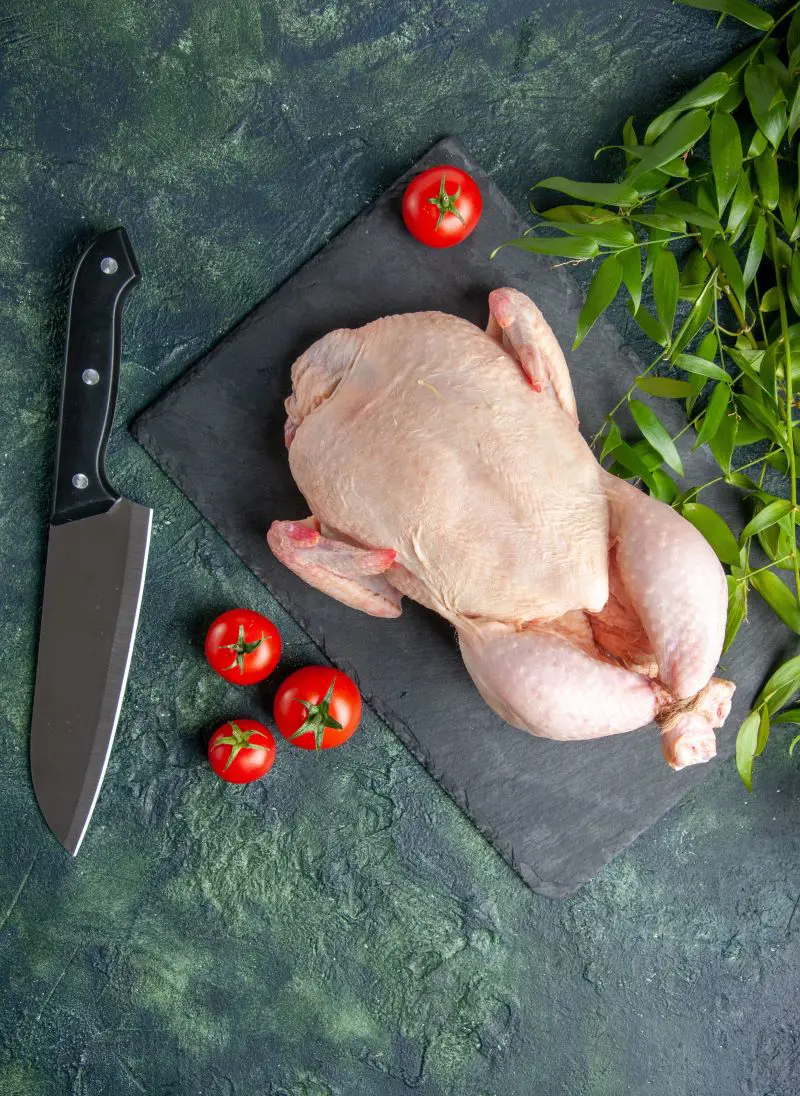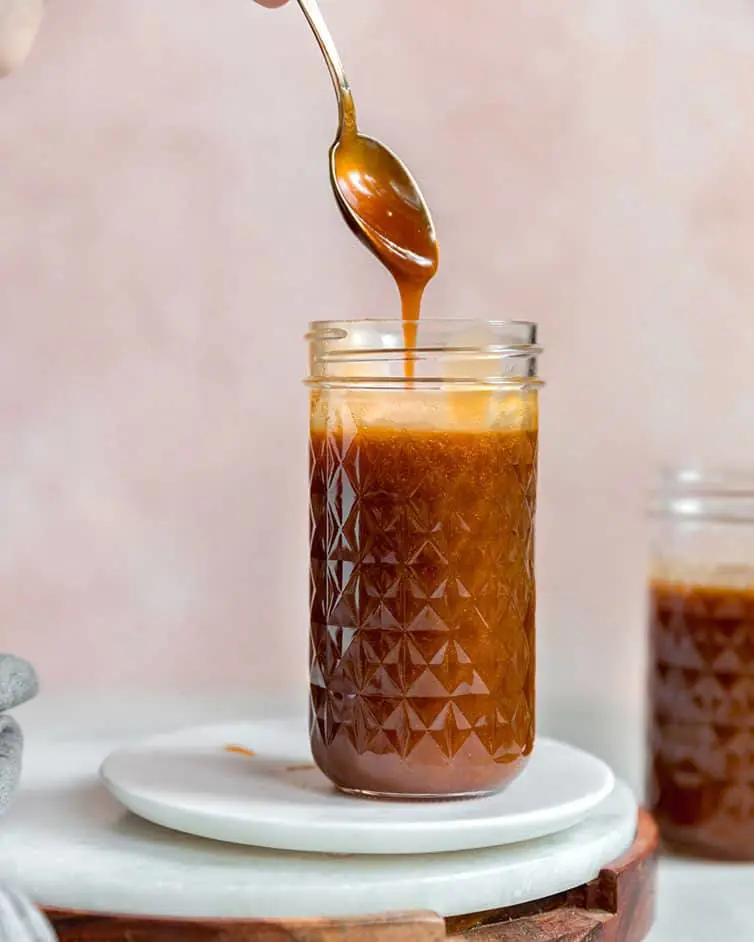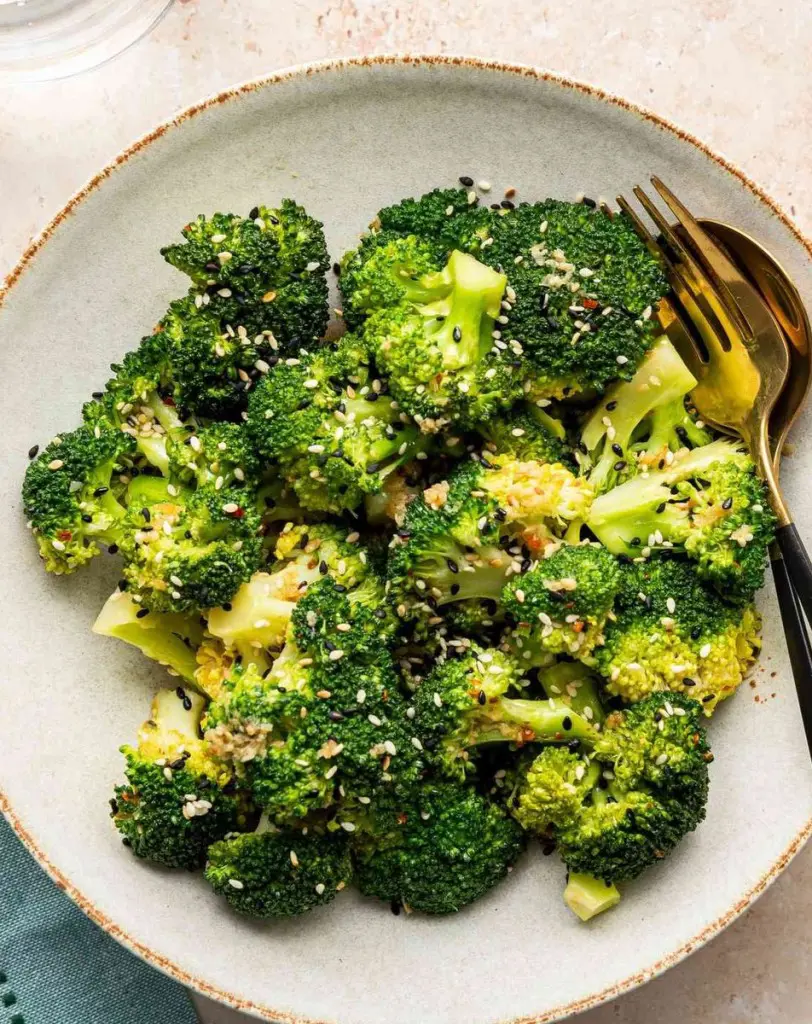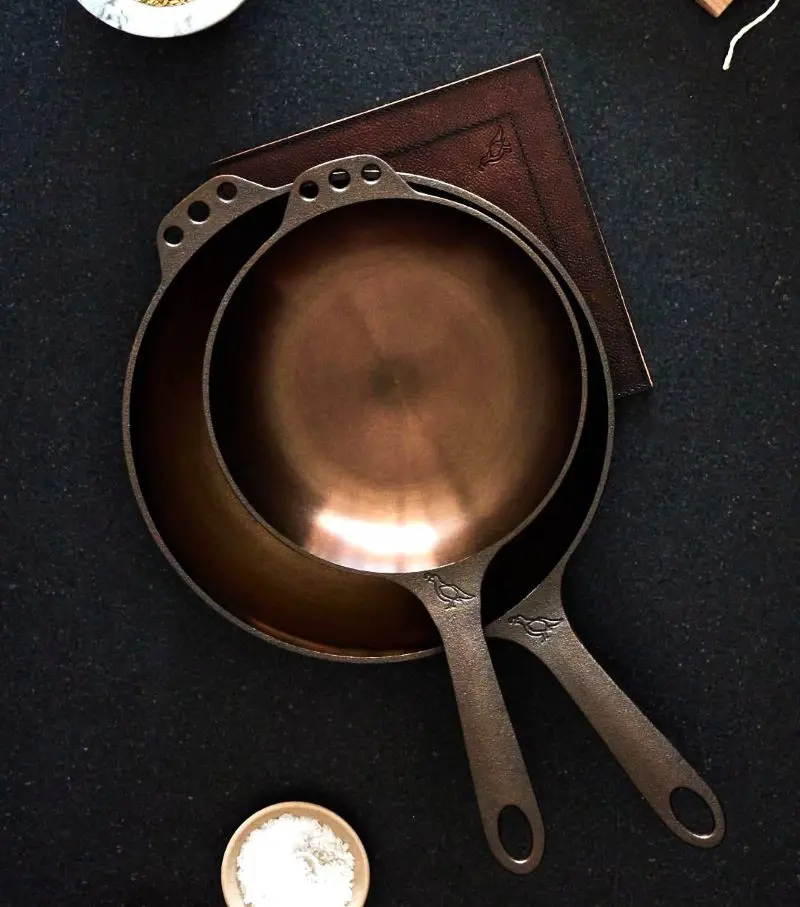1. Olive Oil
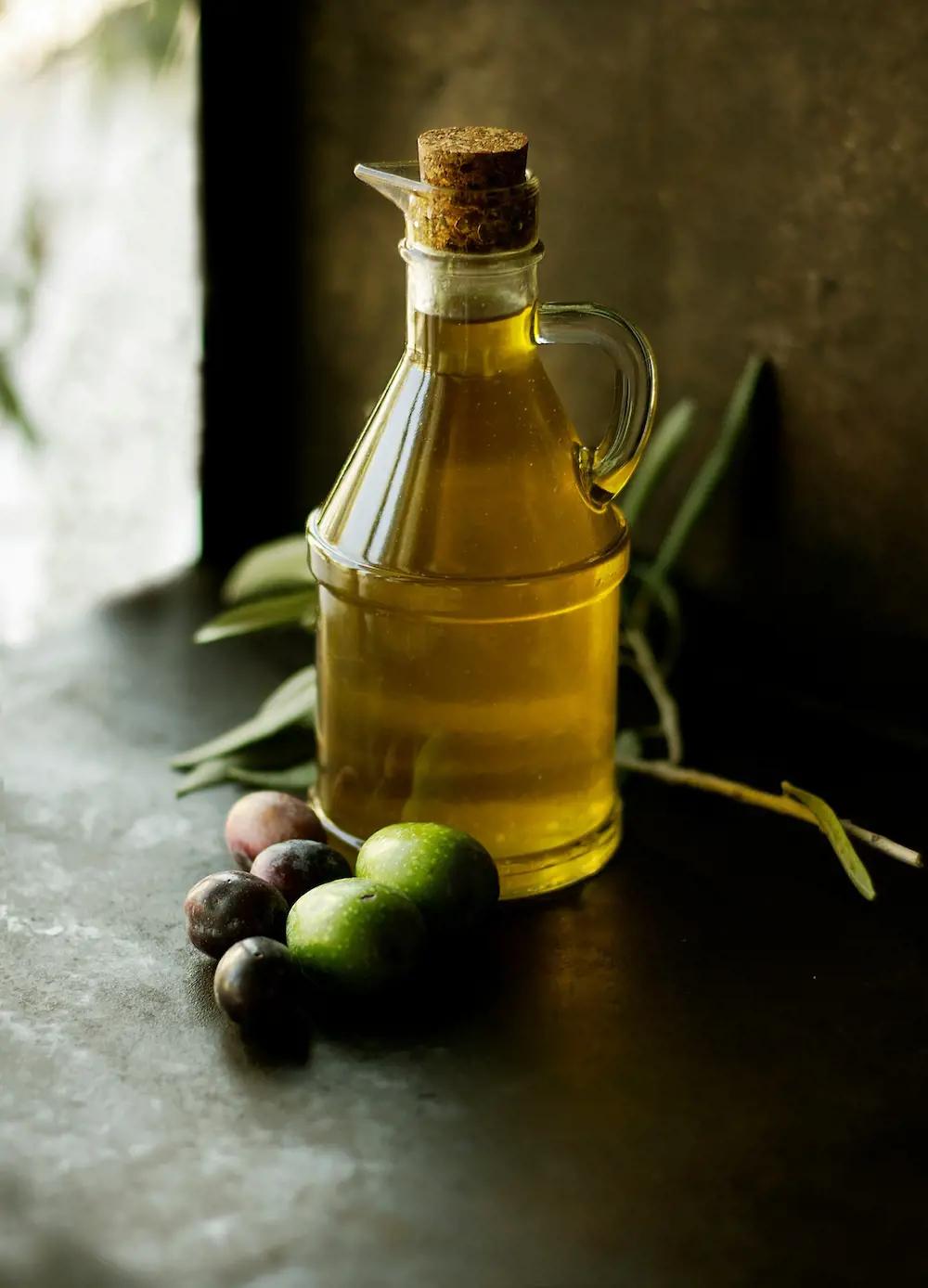
Olive oil effortlessly steps into the spotlight as a sublime butter substitute, infusing dishes with a touch of Mediterranean magic. Its golden hue and fruity undertones elevate both savory and sweet creations. This liquid gold isn't just a substitute; it's a flavor enhancer and a health-conscious choice.
In baking, olive oil works wonders, lending moisture and subtle richness to cakes, muffins, and cookies. It brings a distinct depth of flavor without the heaviness of butter, making it especially suitable for olive oil-based cakes that showcase its unique character. So, whether you're tossing vegetables, baking a batch of cookies, or simply dipping bread, let olive oil take the stage.
